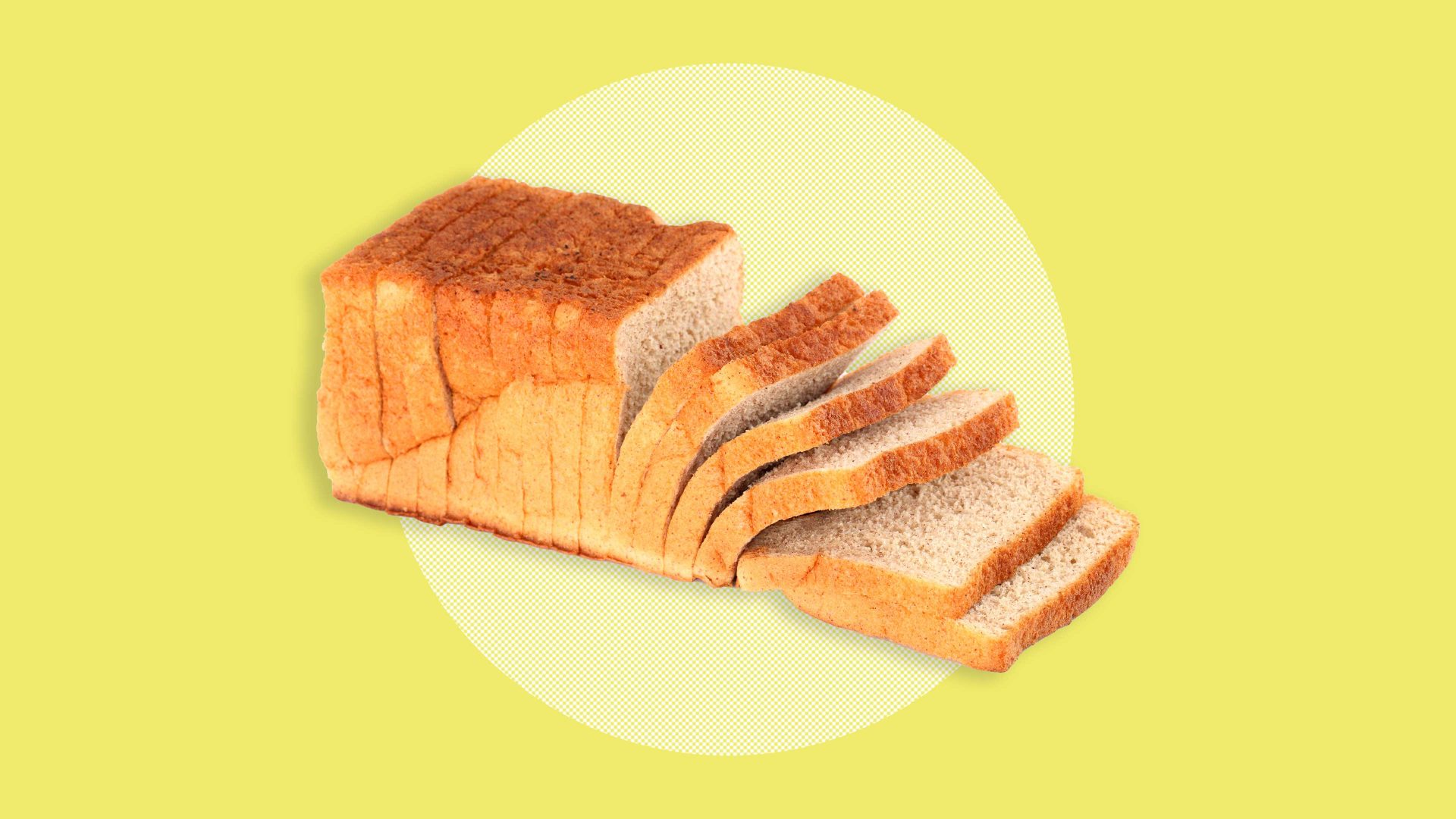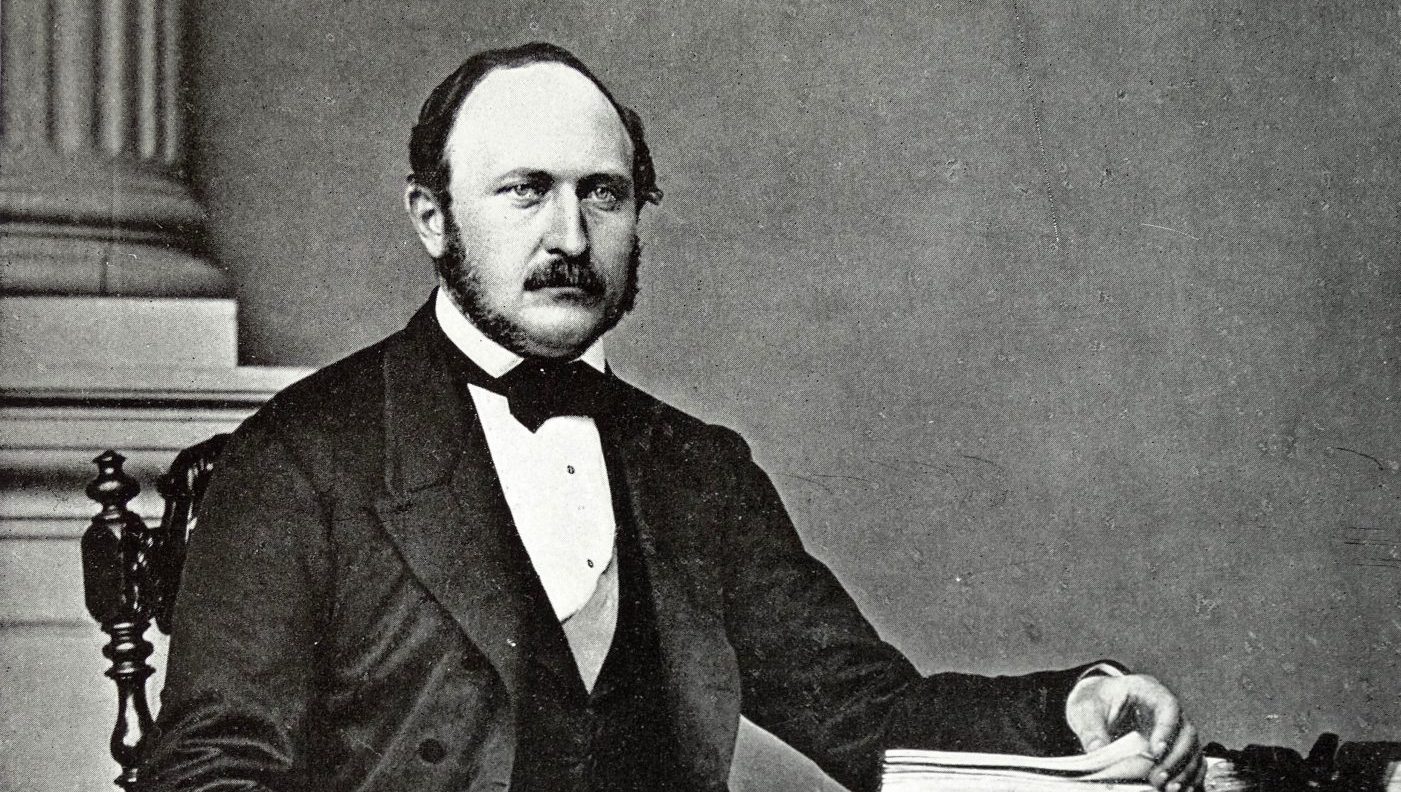The American poet, essayist and farmer Wendell Berry makes a seemingly obvious point in a recent essay. One concerning a blatant yet unacknowledged aspect of collective psychology in the westernised, globalised world – which is this: such is their total ignorance of the length and complexity of the chain connecting their mouth to the production of the food they put in it, humans have come to believe that it’s in fact money that makes nourishment, rather than earth, sunlight, water, various nutrients, and a good deal of human labour and endeavour.
At the core – for example – of so much religious practice, lies the profound acknowledgement of just how essential nature is to human nurture: “I am the bread of life. Whoever comes to me will never go hungry, and whoever believes in me will never be thirsty,” proclaims Jesus – not: “Do you have the Uber Eats app on your phone, I fancy a pizza?”
The challah bread served at the Jewish Friday evening meal, shabbat, is woven to form 12 knots, marking the unity of the Twelve Tribes of Israel. In Islam, special breads – symbols of Allah’s bounty – are served at the festival of Id Al-Fitr, following Ramadan. The Rig Vedas – the holy books of Hinduism – were composed in an agricultural society, founded on the fertile Deccan plateau: Indra and Vishnu are both strongly associated with fertility, while Sita, the actual Goddess of agriculture, is the daughter of Bhoomi, the earth goddess. It was her discovery by a mortal king, engaged himself in fertility ritual, that represents one of the points where the spiritual and the practical synthesise.
So, if we want to understand the significance of bread, together with the other farinaceous comestibles that remain the fundamental foodstuffs for our society, and so many others, where do we go to? (After all, what is that lukewarm pizza, bombinating towards you on the back of a moped, if not the staff of life kneaded into a disc?) Religions contend against one another – a battle royale in which our own, established church is revealed, time and again, to be a seven-stone weakling with one hand tied behind its back – while the, for the most part secular, and godless population go about their business, stuffing their faces with Ukrainian grain, without in any meaningful sense connecting this fact to their opinions on the conflict in that region.
So, where to go for an understanding of this phreaky phenomenon? I’m indebted – as for so much else – to the youngest in this regard; for it’s he who began reading aloud to me bread reviews from the Tesco online shopping website. Obviously, “Fits neatly in the toaster and also good for sandwiches, nice and light” can be figured as the worst of prosaicism – but think again: this is their own brand medium-sliced white loaf, weighing in at an impressive 800g, and retailing – at least online, it may be a little more expensive instore – at a mere 75p. Every little helps, as someone somewhere used to whistle in the shower, as she lived out her days on the run from a charge of serious misconduct in public office (see footnote).
“Very good texture but a bit too doughy” has an element of bathos you may feel contrived – but hie thee to the website, and you will see this is indeed an authentic five-star review, left by a verified Tesco customer on November 5 this year. As is “I would buy this again”, which at least has the virtue of incorporating the reality of human biology with the shibboleths of neoliberal consumer “choice”.
True, there are only 70 reviews – but by the time you get down among the 3-star ones, and back a couple of years, the tone darkens: “Is usually brilliant, much better than the branded loaves. The loaf that arrived on my last order (w/c 19th July 2021) was different. Hence the 3-star review – it used to be 5 star, this week would have been a 1.5 star. This was a different shaped loaf with a different texture – well within its date but a dier (sic?) more open crumb. Very disappointing, as I’d cooked a joint of beef and was looking forward to the best beef sandwiches ever. I’ll buy it again next week to see if it was this week’s loaf was a fluke (sic?), but if it’s the same, and the recipe or supplier has changed, I won’t be buying it again.”
This is how the world ends – not with a bang, but whimpering about “open” crumb by people with more time, less sense, and more… money (if you can afford beef, why the 75p loaf?) than they should.
If you don’t get this reference, Google “Shirley Porter”, and smell the rich substance of the world’s corruption – as if it were a broken supermarket freezer gondola, full to overflowing with a slurry of rotting pizzas and meltwater.



